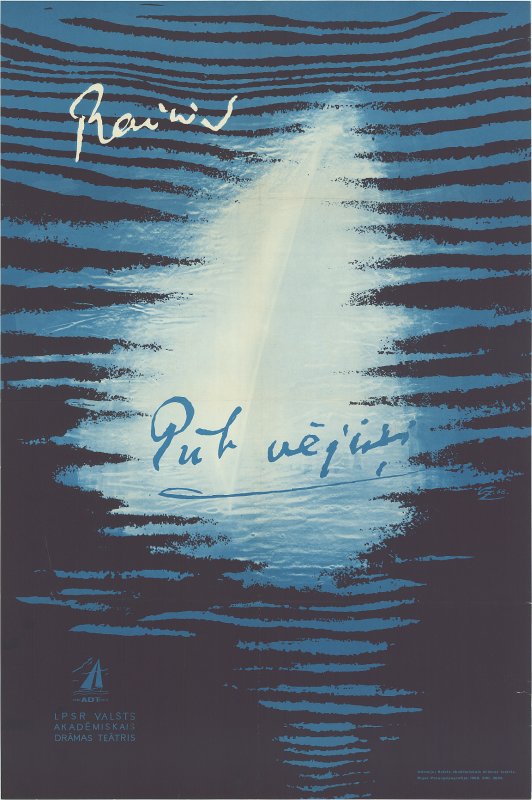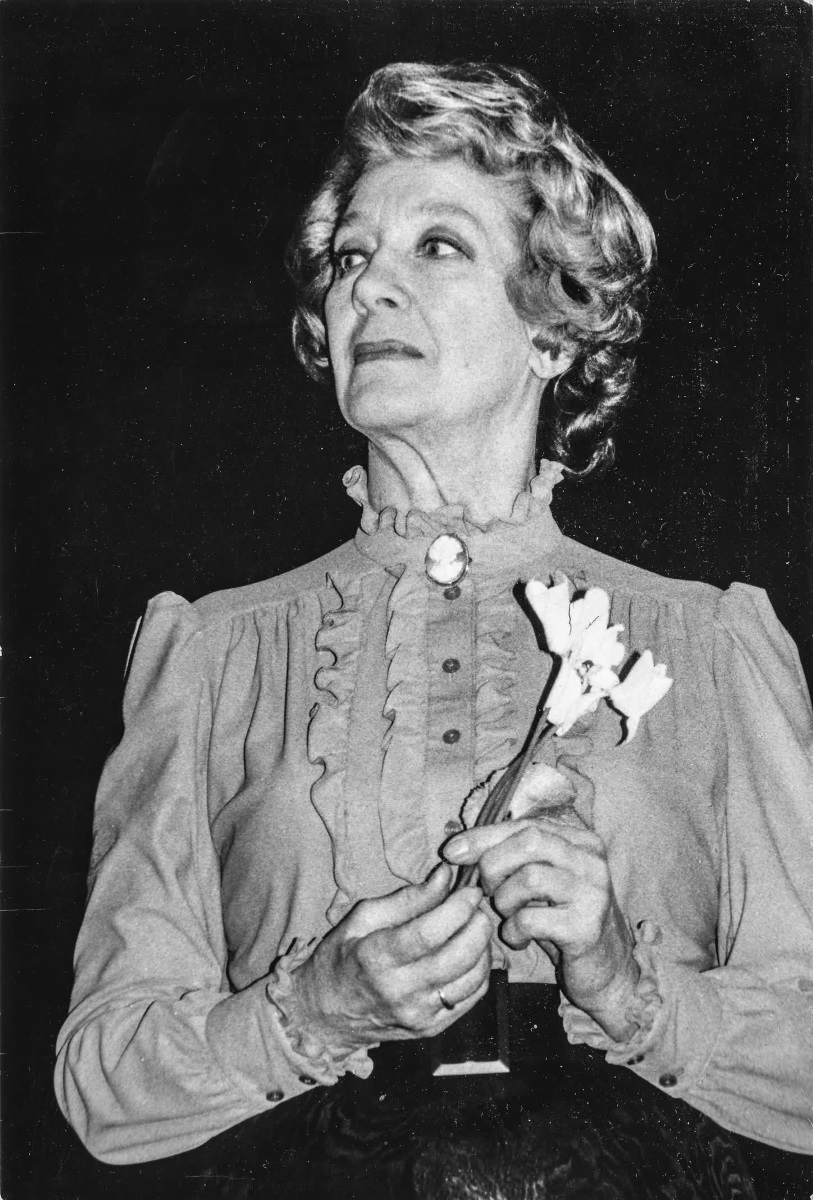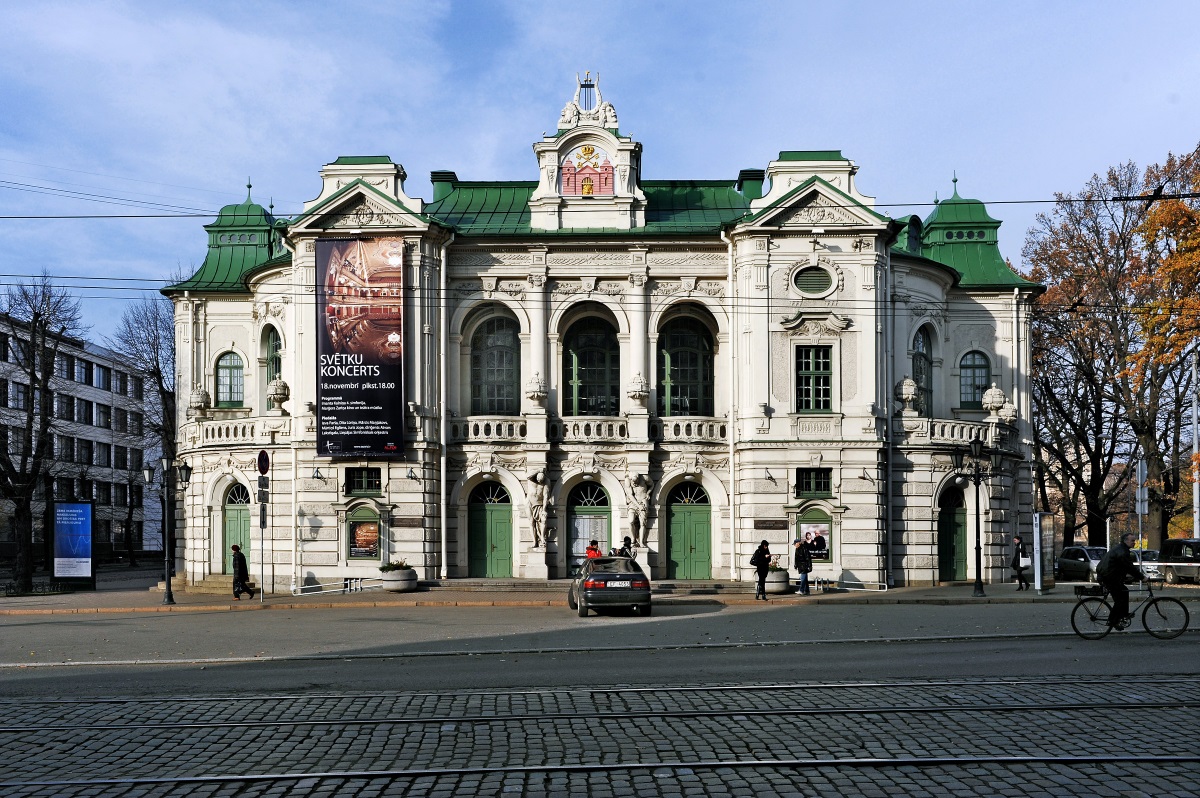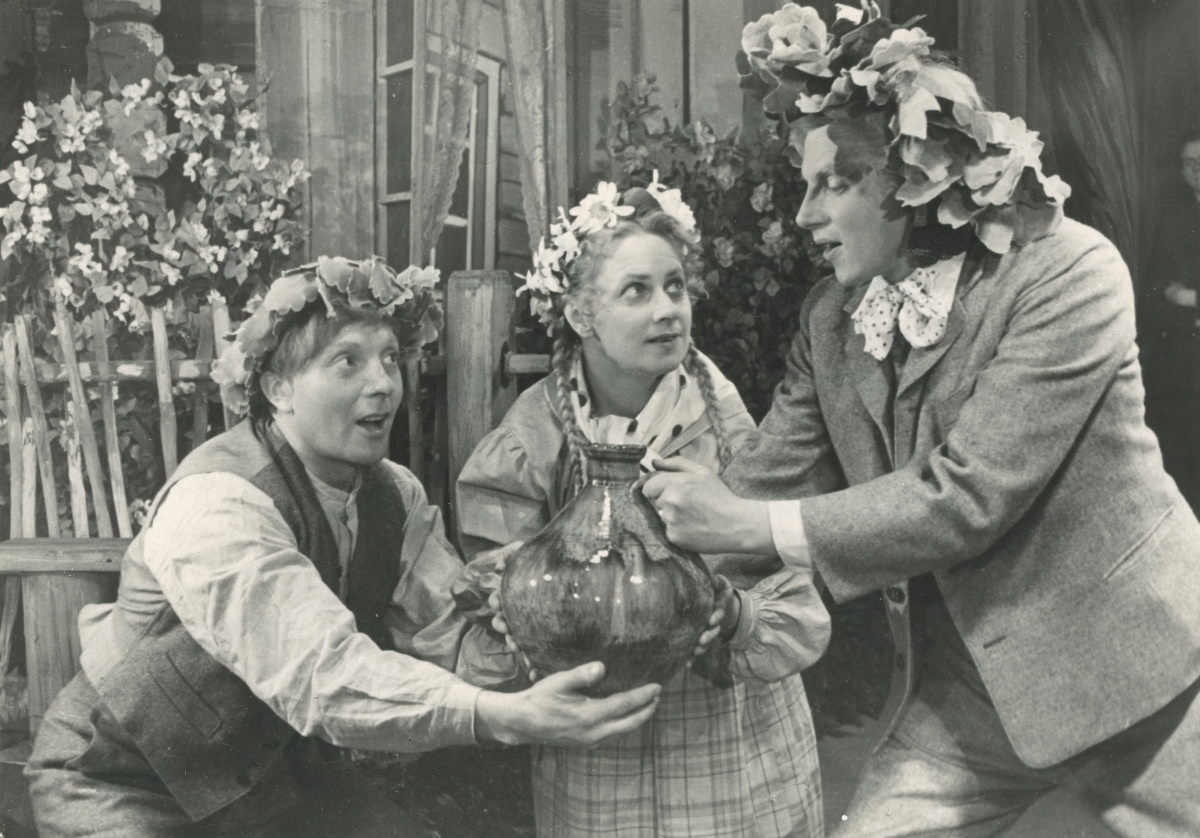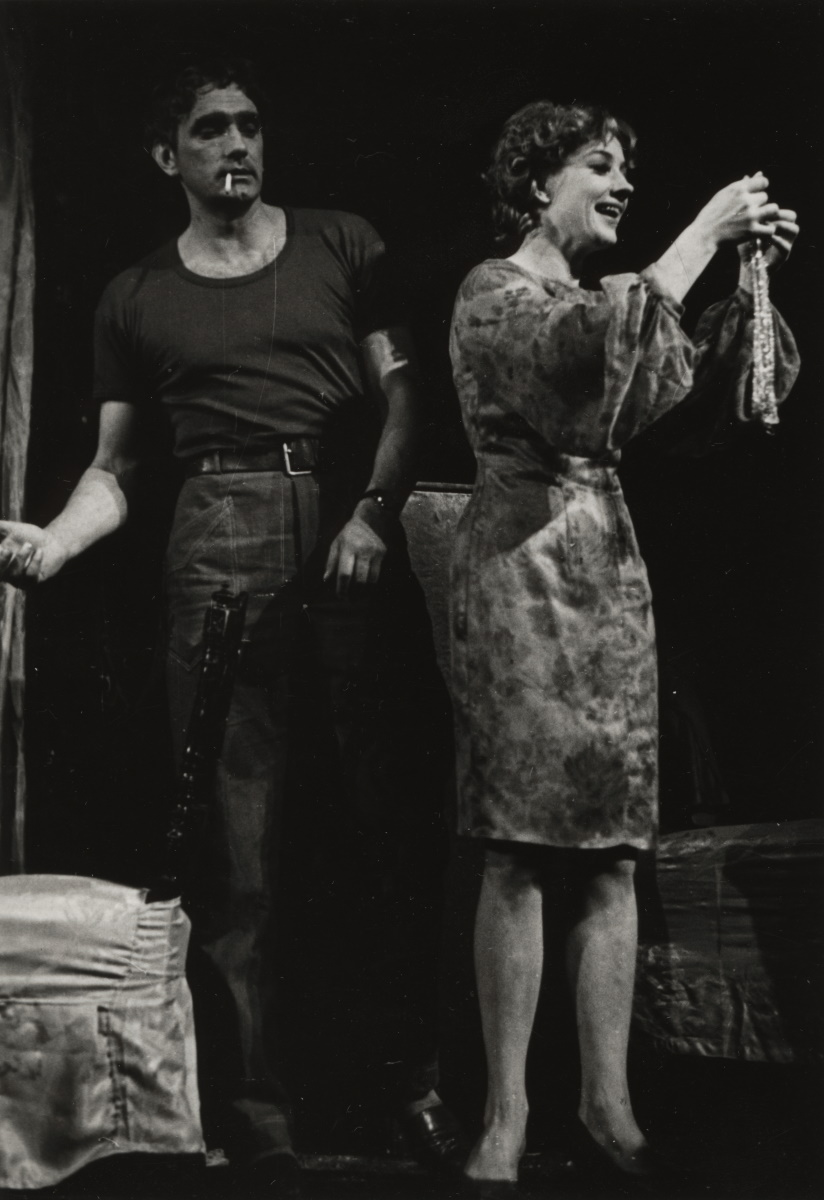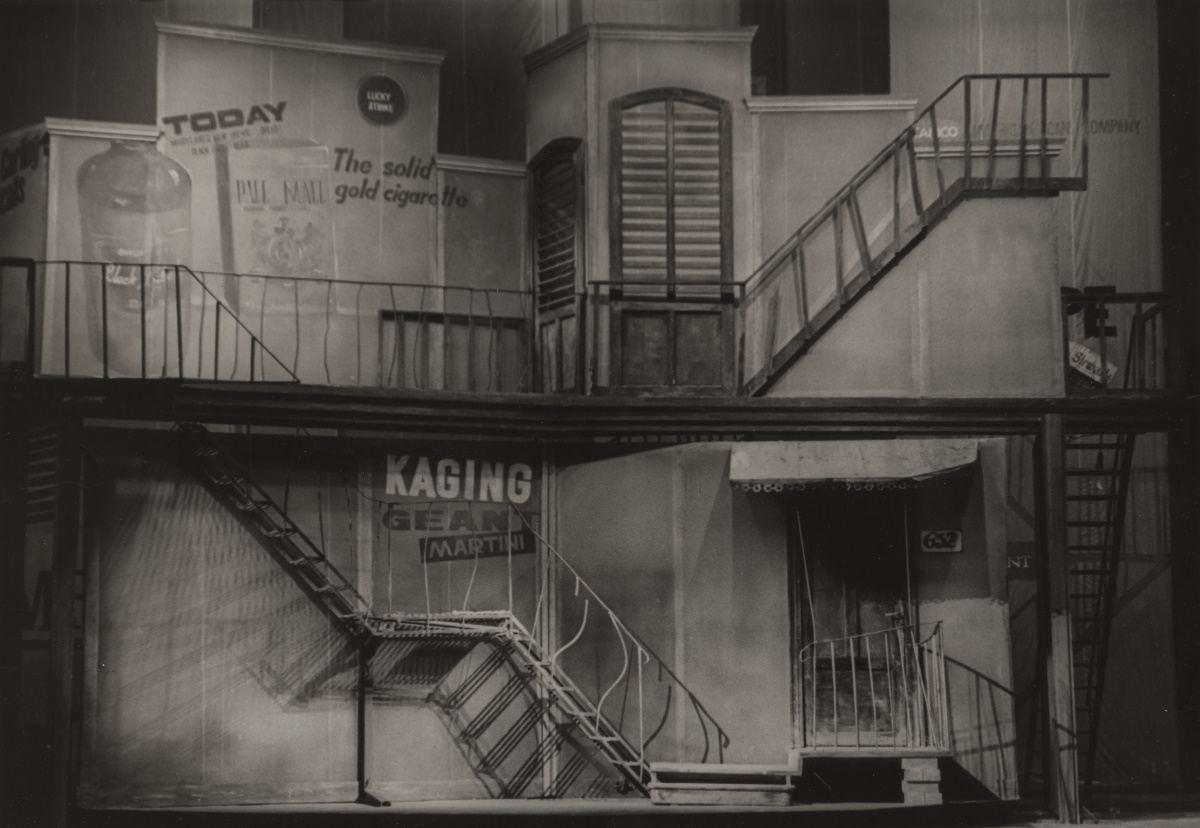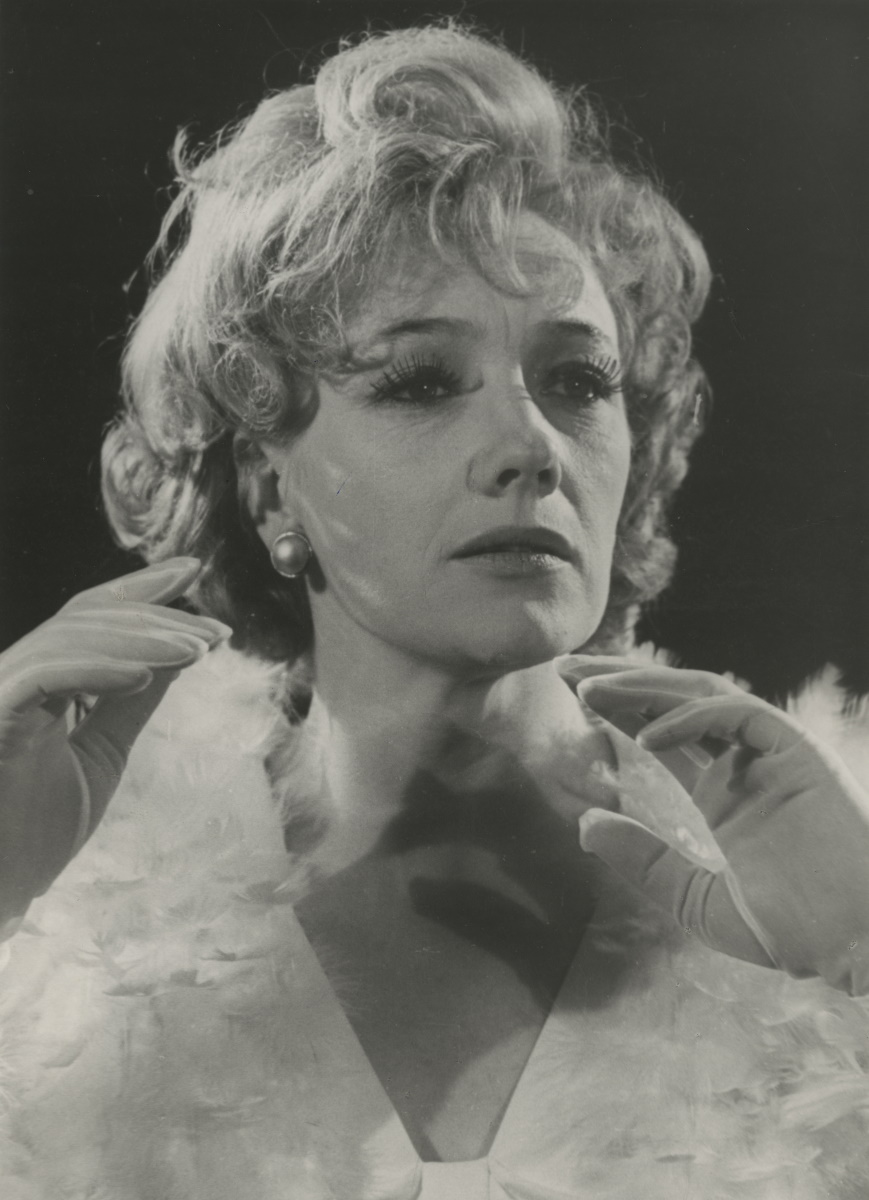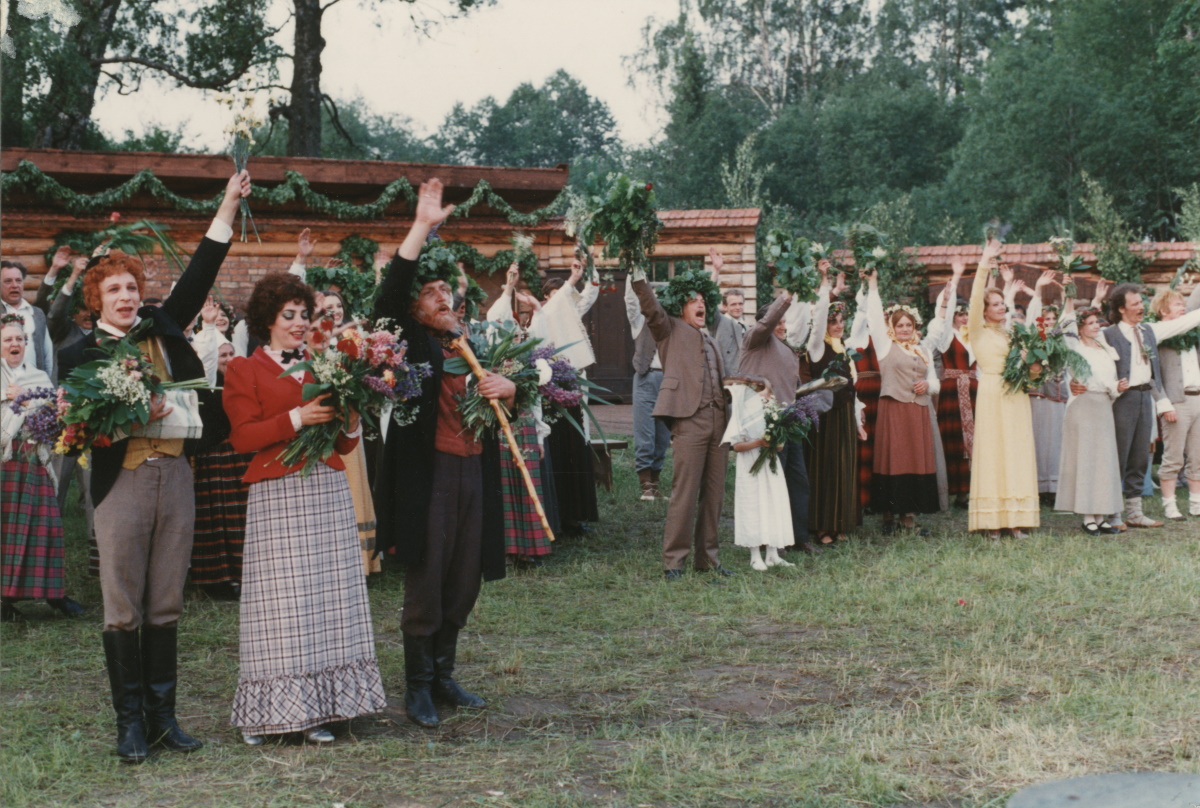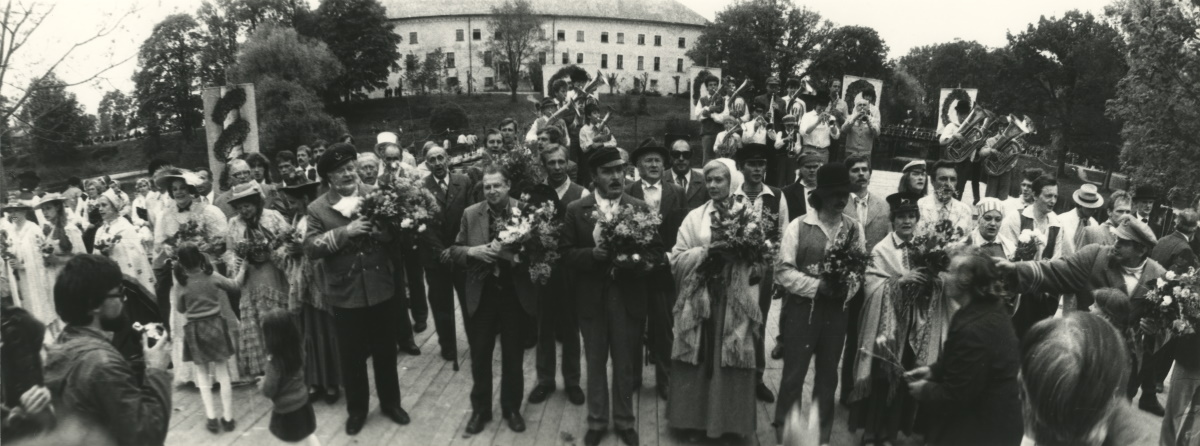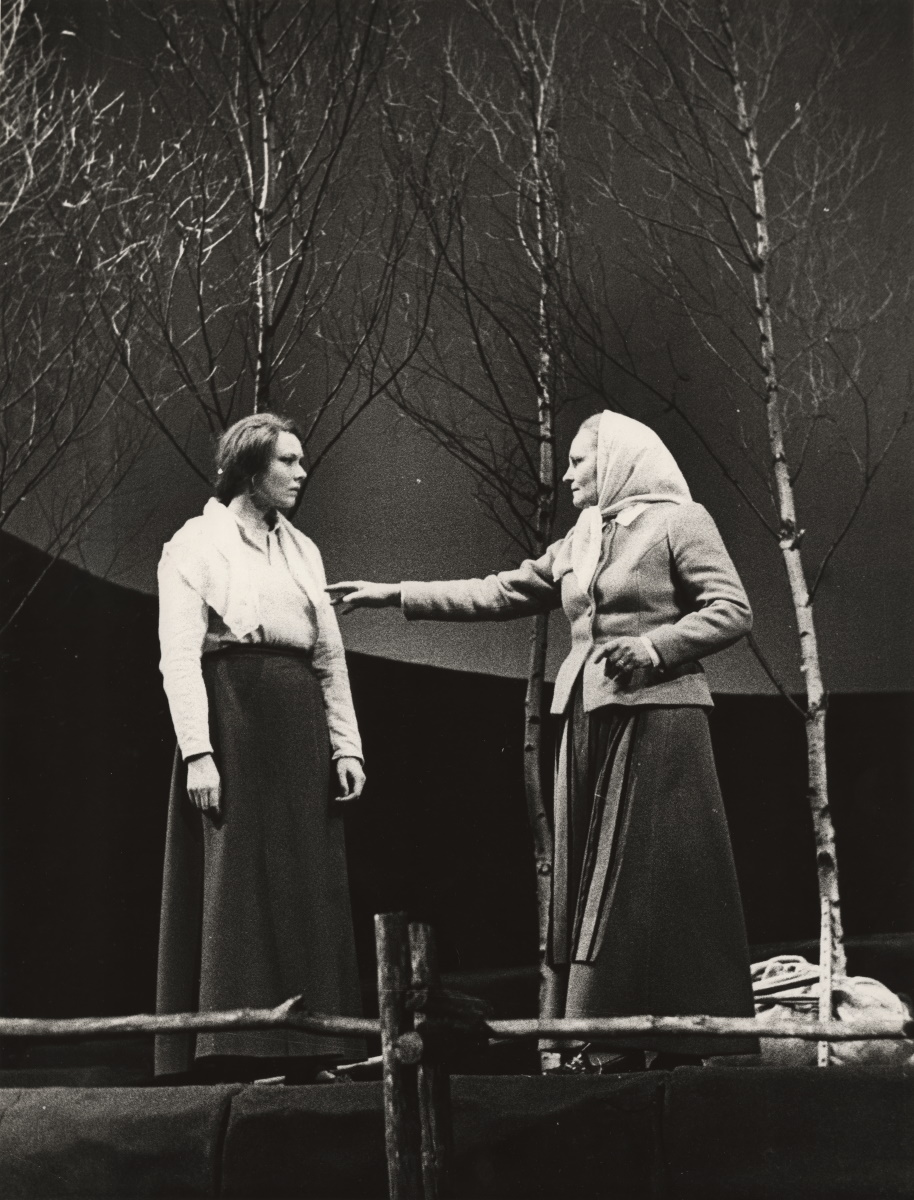The Latvian National Theatre plays a fundamental role in Latvian culture. Throughout its existence, since its founding in 1919 until today, the theatre has gone through changes to its name, repertoire, artistic style and choice of genre, however, has managed to maintain an excellent cast and solid psychological theatre tradition.
With actor and director Alfreds (then Alfrēds) Jaunušans as its artistic director, the National Theatre (then the National Academic Drama Theatre of the Latvian Soviet Socialist Republic, which was given Andrejs Upīts’ name in 1971) experienced one of its finest moments in history. Audiences loved the actors, and it wasn’t uncommon for people to start queueing for tickets the night before the box office opened.
In Soviet times, the Drama Theatre became a spiritual temple where audiences could seek moral fulfilment. At the centre of Jaunušans’ productions were often characters − adventurers, rebels and artists − who took audiences on a metaphorical journey outside the strictly regulated confines of the Soviet routine.
Jaunušans was an actor, director and teacher. His acting talent, which he had nurtured, allowed him to take on both dramatic and comic roles. On stage, Jaunušans had a quick temperament, excellent sense of humour and rich imagination. He was also skilled at improvising.
Two of his roles were particularly chrestomatic − the tailor’s apprentice Rūdis in Rūdolfs Blaumanis’ play “Tailor Days at Silmači” (Skroderdienas Silmačos) directed by Alfrēds Amtmanis-Briedītis in 1955 and Ķencis in the first cinematic production of the novel “The Time of the Land Surveyors” (Mērnieku laiki) by the brothers Kaudzītes, which was directed by Voldemārs Pūce in 1968.
Jaunušans had a key role in assembling the National Theatre’s cast. For a number of years, he taught acting to future National Theatre performers. Uldis Dumpis, Rihards Rudāks, Lāsma Kugrēna, Voldemārs Šoriņš, Gunta Virkava, Iveta Brauna, Jānis Skanis and others were his students. Some of them are still part of the cast today.
Rihards Rudāks became one of the leading actors at the Oļģerts Kroders and Associates Theatre in Valmiera (also included in the Latvian Culture Canon). Latvian theatre legends Velta Līne, Elza Radziņa, Kārlis Sebris, Lidija Freimane and Antra Liedskalniņa flourished under Jaunušans. To ensure consistently excellent acting, Jaunušans introduced group feedback meetings with the aim of analysing each other’s performances.
Jaunušans turned to directing in 1963. A number of his productions have gone down in Latvian theatre history. His version of Ferenz Molnar’s “Liliom” (Lilioms) in 1971 is legendary. Actors Uldis Dumpis and Ģirts Jakovļevs played the romanticised rebel Liliom.
Written by composer Imants Kalniņš and poet Māris Čaklais, the song “Atkal, atkal ir debesis pušu” from the play became the anthem of the Latvian National Theatre.
One of Jaunušans’ finest moments in his directing career was producing Tennessee Williams’ “A Streetcar Named Desire“ (Ilgu tramvajs) in 1969, in which Blanche was played by Antra Liedskalniņa, herself included in the Latvian Culture Canon. The play remained in the repertoire for twelve years, and Blanche became Liedskalniņa’s best known role.
At the centre of “A Streetcar Named Desire” is dreamer and idealist, the psychologically fragile Blanche DuBois’ conflict with her brother-in-law − the tough, brutally attractive yet spiritually robust and cruel Stanley Kowalski. In Jaunušans and Liedskalniņa’s version, the production was like a tragic plea for mutual understanding and compassion.
Other popular highlights from Jaunušans’ directing career were Tennessee Williams’ “Sweet Bird of Youth” (Jaunības putns ar saldo balsi) in 1977 and Alfred de Muset’s “Lorenzaccio” (Lorencačo) in 1973.
Thanks to his outdoor productions in the 1980s, Jaunušans transformed theatre into a national festival, which gathered thousands. The 1986 edition of Rūdolfs Blaumanis’ “Tailor Days at Silmači” gathered over 16 000 theatregoers over two days at the open-air stage in Druviena. The strong feeling of togetherness was a prelude to the Third Awakening.
Traditionally, the National Theatre ends every season right before Midsummer (Jāņi) (the celebrations are part of the Latvian Culture Canon) with the play “Tailor Days at Silmači”. This is largely thanks to directors including Jaunušans with his 1975 theatre production and 1986 outdoor production.
This tradition has influenced the way that Latvians celebrate Midsummer. Nowadays, it’s common for groups of friends to stage the play at private Midsummer parties, as well as groups of actors at open-air stages throughout the country.
Throughout his life, Jaunušans’ lived by the motto “keep the theatre open to the people, and the people open to theatre, then it shall live on”, which had been a wish to him by his predecessor, the actor and director Alfrēds Amtmanis-Briedītis.
Jaunušans bid farewell to his theatre in 2004 with a production of Edvards Vulfs’ “Sensation” (Sensācija) on the newly restored stage. Jaunušans’ contemporaries Velta Līne, Kārlis Sebris and others played alongside younger generations of actors.
Maija Treile
Translated by Lelde Beņķe

